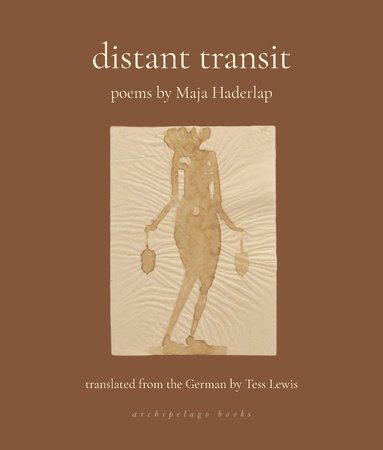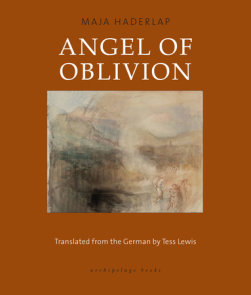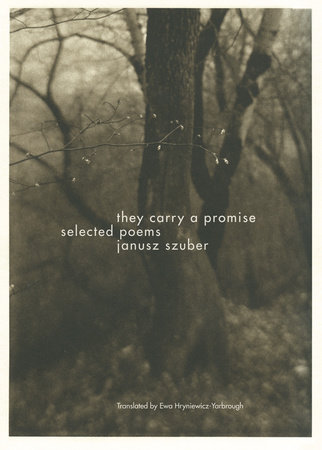

Distant Transit
By Maja Haderlap
Translated by Tess Lewis
By Maja Haderlap
Translated by Tess Lewis
By Maja Haderlap
Translated by Tess Lewis
By Maja Haderlap
Translated by Tess Lewis

-
$18.00
Mar 22, 2022 | ISBN 9781953861160
-
Mar 22, 2022 | ISBN 9781953861177
YOU MAY ALSO LIKE

Embrace Fearlessly the Burning World
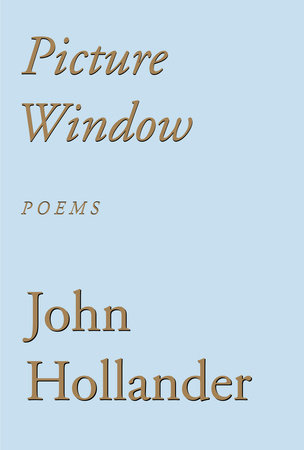
Picture Window

Dreampad

Birding, or Desire

Pavilion
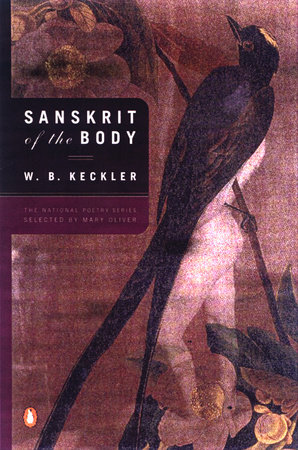
Sanskrit of the Body

The Poet’s Guide to Life
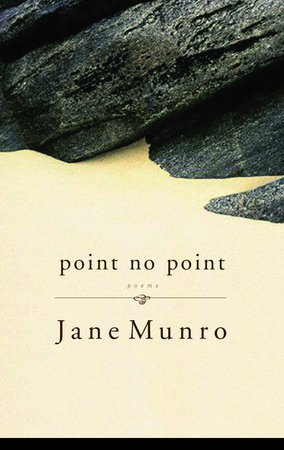
Point No Point
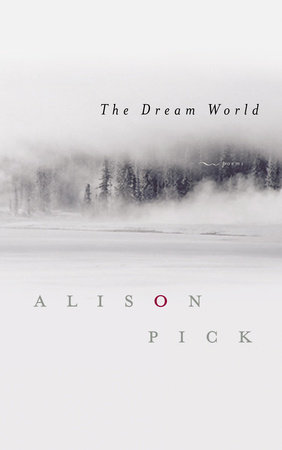
The Dream World
Praise
“These poems by a Slovenian Austrian writer contemplate the difficulty of feeling at home in a land defined by violence.”
–The New York Times
“Intellectually provocative and slyly profound.”
–Ron Charles, Washington Post
“Haderlap’s abiding interest in language and the burden of history suffuses distant transit too, as does her powerful sense of landscape. These poems are prickly, alluring, and strangely alchemical; they probe at the possibilities of words in the face of the past. One particularly fine poem begins: “how much the torn-open field i / stand before betrays.” What Haderlap finds in those fields is elegantly captured in her poems – and splendidly rendered in Lewis’s thoughtful translation.”
–Alexander Wells, ExBerliner
“Haderlap is too self-aware and too honest a writer to let her poems slide into maudlin nostalgia. She doesn’t long for some bucolic homeland or heroic past in the valley that doesn’t belong to her . . . She embraces [a] zone of darkness, the transformations that each language necessarily affects on our experience, to write of the past as part of the present, and of herself in this present, a woman trying to make sense of a bewildering world and her ever-changing place in it.
–Nicola Vulpe, World Literature Today
“Though Haderlap wrote these poems in German, a language with a broader reach than Slovenian, Tess Lewis’s English version conveys the poet’s fraught relationship with her languages, and the ways in which Slovenian haunts the composition as well as the mythology and folklore of the collection . . . I sense that the gravitas of these poems has its source in both “rivers”: the extra-lingual psyche and the Ljubljanica, the river of Haderlap’s home terrain, troubled with memories and remnants of war.”
–Heather Green, Harriet Books
“Haderlap’s abiding interest in language and the burden of history suffuses distant transit . . . as does her powerful sense of landscape . . . One particularly fine poem begins: “how much the torn-open field i / stand before betrays.” What Haderlap finds in those fields is elegantly captured in her poems – and splendidly rendered in Lewis’s thoughtful translation.”
–Alexander Wells, Exberliner
“There are books that I seem to keep returning to after I read—poetry which continues to resonate, for whatever reason, across the days and weeks and months. Maja Haderlap’s—a grimoire stitched together with both longing and absences, with tongues and vowels uttered and forgotten, with languages cast upon rivers and carried away—is one of those books.”
–Mark Wagenaar, Plume
“Maja Haderlap’s poetry and prose combine poetic brilliance with explosive political power.”
–From the jury citation for the 2018 Max Frisch Prize
“Perhaps translation into other languages, allowing the poems to find new readers, is a fitting destiny for distant transit. While occupation determines the speaker’s sense of self in language (‘the border tightened / your steel collar’), Lewis’ translation helps accomplish the desire expressed in the lines ‘my language / wants to be unbridled and large, it wants / to leave behind the fears that occupy it.”
–Kelsi Vanada, Action Books
Praise for Angel of Oblivion:
Tess Lewis has done a fine job of translating Haderlap’s lucid and lyrical prose…a hymn to remembrance – one urging us to salvage and safeguard the shards of our past from the tide of history.
—Malcolm Forbes, The National
Angel of Oblivion, with its doomed and colourful cast of real-life characters, as well as multiple cruel twists of fate, is a devastating story, never less than wholeheartedly told.
–Eileen Battersby, The Irish Times
Angel of Oblivion is a continuous, plunging attempt to express the disorderly but urgent moment of daring to master the unmasterable. There is nothing so crass here as an ‘arc’ or a redemptive release. The reader is on the hook until the end – at which point the narrative’s underlying premises shimmer.
–Ron Slate
“An arresting evocation of memory, community, and suffering.”
–Kirkus Reviews
“Haderlap’s novel seems to transcend the boundaries between languages and histories.”
–Iga Nowicz, The Glossa
“Haderlap has written Angel of Oblivion in German with a clear and yet poetic tone, in which time is a solid glacier crushing underneath itself everything that the young hero once saw as wonderful and enduring.”
–Der Spiegel
“Coming from a Slovenian-speaking minority living along the border shared by Austria and Slovenia, potential and active conflict (personal and political) perpetually hover over all parts of a life . . . Compelling, beautifully rendered, and of immediate relevance.”
–Tom Bowden, Book Beat
Additional Praise for Maja Haderlap:
“The desire to abolish borders, to free confined discourse, is inscribed in these poems as an ambivalent back and forth between escape and groundedness.”
—Ilma Rakusa, NZZ
“Wondrously expressive poems”
—Karl-Markus Gauß, Süddeutsche Zeitung
“There is no doubt that [Haderlap’s poetry] sets a new benchmark in modern poetry with regard to thematic variation in linguistic reflection and direct expression.”
—Walter Pobaschnig, literaturoutdoors
“Haderlap’s poems are political but without pathos. And they are poetic without being artificial. This is no mean feat. Strongly recommended.”
—Tiroler Tageszeitung
“[Haderlap’s] imagery is rich, inspired by the natural beauty of her native countryside, yet filled with longing and questioning . . . The poems that comprise distant transit speak to a personal political reality in intimate, yet recognizable terms . . . More specifically and powerfully though, Haderlap animates the mystery, power and baggage that a language can carry with it, how words and sentences are laden with implications for understanding the past and the present, to articulate one’s identity as an individual torn between two tongues.”
–Joseph Schreiber, Rough Ghosts
21 Books You’ve Been Meaning to Read
Just for joining you’ll get personalized recommendations on your dashboard daily and features only for members.
Find Out More Join Now Sign In








